Denmark’s pharmaceutical giant opens insulin production line in Iran
The world’s top maker of diabetes drugs Novo Nordisk of Denmark has opened a production line in Iran, with Health Minister Saeed Namaki saying he hoped it would soon become a drug distribution and production center in the Middle East.
Namaki inaugurated the production line near Tehran in Karaj via a video call on Monday, hailing it as one of the most important projects since the 1979 Islamic Revolution with the joint investment of Iran and Denmark.
According to the head of Iran's food and drug administration, Iranian diabetic patients require 800,000 insulin pens per month.
"Procuring insulin is significantly foreign currency-intensive and is made harder during the difficult time of sanctions," Mohammadreza Shanesaz told Mehr news agency.

The Danish pharmaceutical giant set up shop in Iran in 2005, selling its diabetes care products through its local subsidiary, Novo Nordisk Pars.
In 2015, it announced investing 70 million euros to build a manufacturing plant in Iran, saying it would take five years to complete. The plant, it said, “signals our long-term commitment to Iran.”
The Danish drug maker joined a group of European companies jockeying for position as Iran opened to international business after reaching a nuclear deal which lifted sanctions on the Islamic Republic.
However, most Western companies abandoned their plans after US President Donald Trump announced new sanctions on Iran in 2018 after unilaterally leaving the nuclear agreement.
The medicinal sector has been exempt from sanctions, but the restrictions have made doing business in Iran tricky because foreign companies have to navigate around many pitfalls to use information technology and banking.
Novo Nordisk officials have said in the past that the company was not able to use the same IT platforms in Iran as in the rest of the business, forcing it to spend time on work-around solutions.

Not all companies have been cooperative, however.
Since the reimposition of US sanctions, Swedish medical products firm Molnlycke Health Care has stopped delivering Mepilex dressings which are trusted around the world to treat a wide range of chronic and acute wounds, including in EB patients.
Often known as butterfly children because their skin is as fragile as the wings of a butterfly, EB patients need special care. Even mild frictions or bumps cause severe blistering of the skin which is painful.
They often have difficulty with daily activities, such as walking, eating and even breathing, but without proper protective bandages, their agony is heartbreaking.
In April, a Health Ministry spokesman said South Korea had rejected a SWIFT payment request by Tehran for purchase of coronavirus testing kits over the US sanctions.
There are dozens of pharmaceutical companies in Iran, but their operations rely on local formulation of generic drugs, which means they have to import ingredients for some drugs.
Some of the generic brands, formulated, processed and packaged in Iran, are licensed by European and American companies and their production includes imports of semi-manufactured drugs which has been disrupted by the sanctions.
In recent years, Iranian private companies have started producing biological pharmaceuticals. The country has also a relatively advanced herbal medical basis thanks to its vast floral resources.
Iran’s 100-year-old pharmaceutical industry is relatively advanced for a developing country. Health officials say the country produces more than 96% of its medical needs.
According to Health Minister Namaki, Iran’s campaign to localize production of major drugs saved the country 700 million euros in the year that ended in March 2020.
Shanesaz said on Monday the launch of the Novo Nordisk production line will save Iran 25 million euros in the first year and 45 million euros in the second.
Iranian diaspora in EU, UK deplore ban on national airline
VIDEO | Press TV's News Headlines
Israel’s military struggling with shortage of troops: Report
Iran calls for more efforts to establish peace in Gaza, Lebanon
Israel targets journalists in southern Lebanon to mask atrocities
Trump vs Harris: A choice between two deranged war hawks who cheer genocide in Gaza
Over 1,800 Palestinians killed in Israel’s month-long attacks in northern Gaza
UN official urges Egypt to seize Israel-bound arms ship MV Kathrin


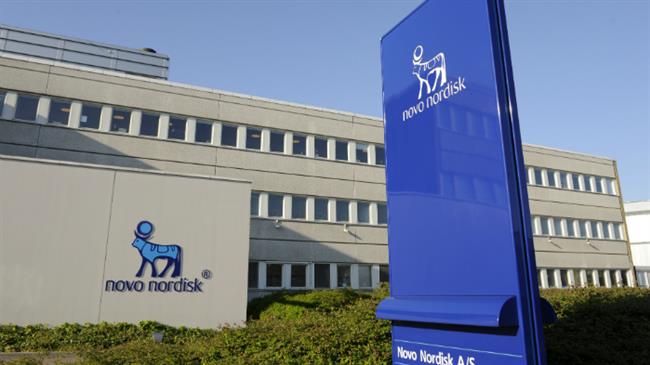
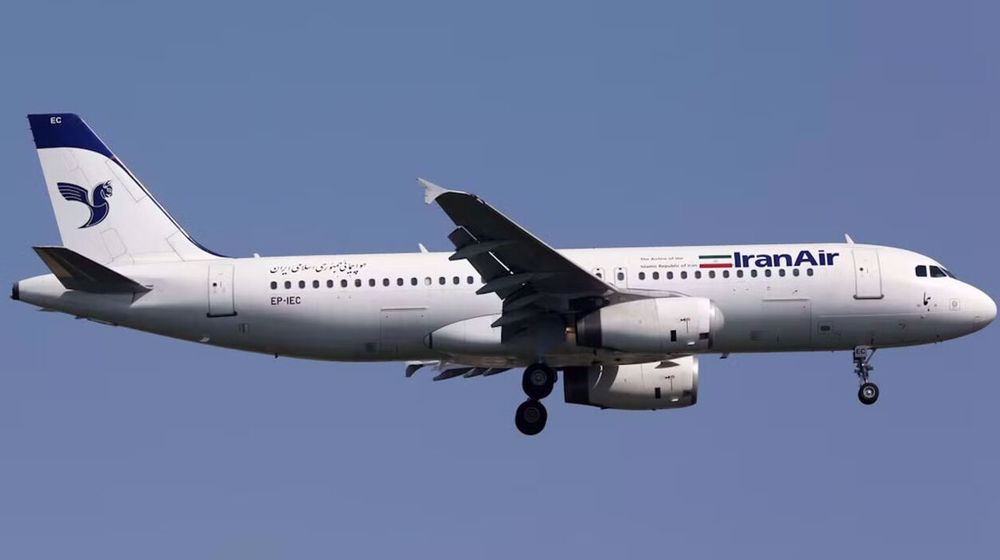
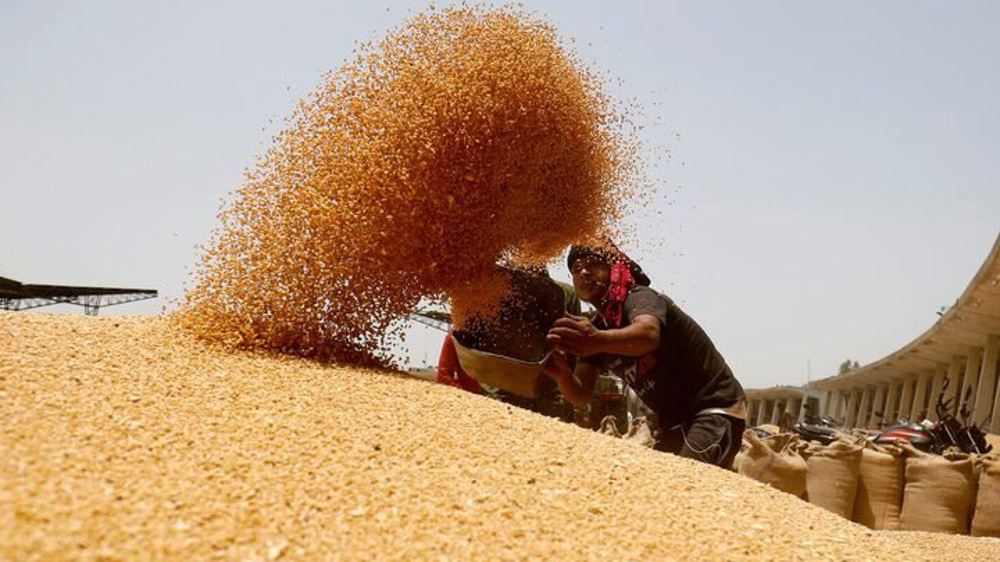
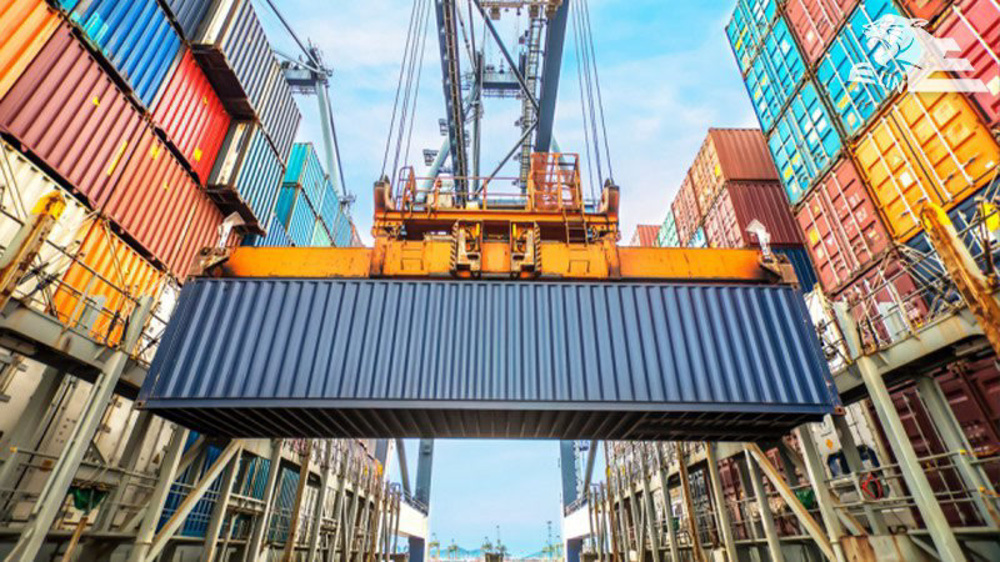




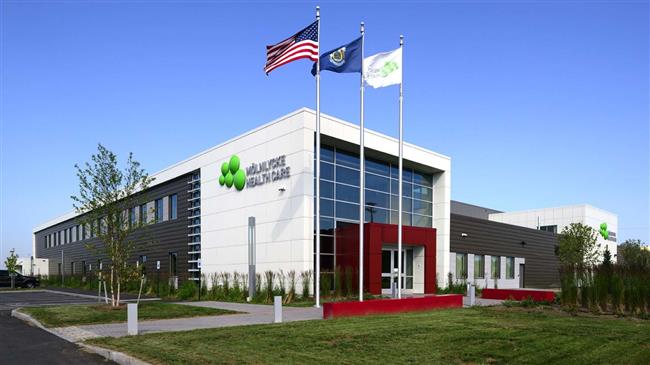

 This makes it easy to access the Press TV website
This makes it easy to access the Press TV website